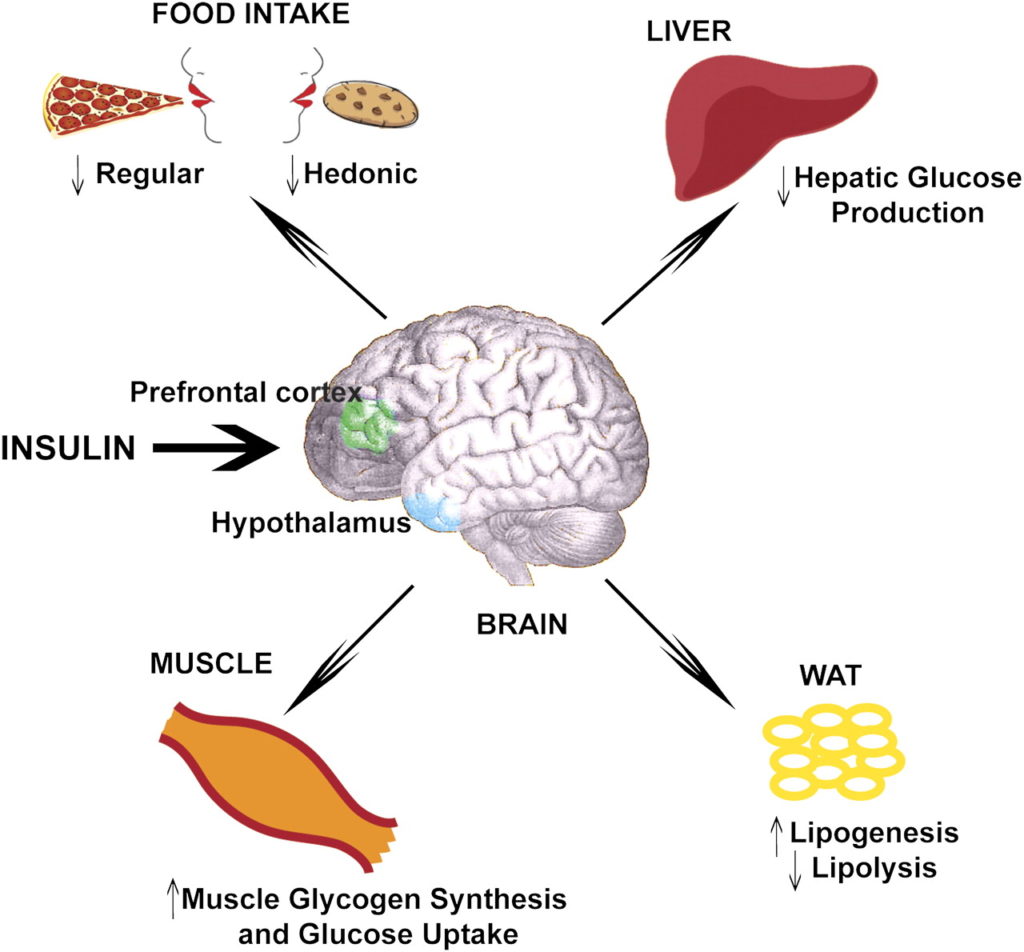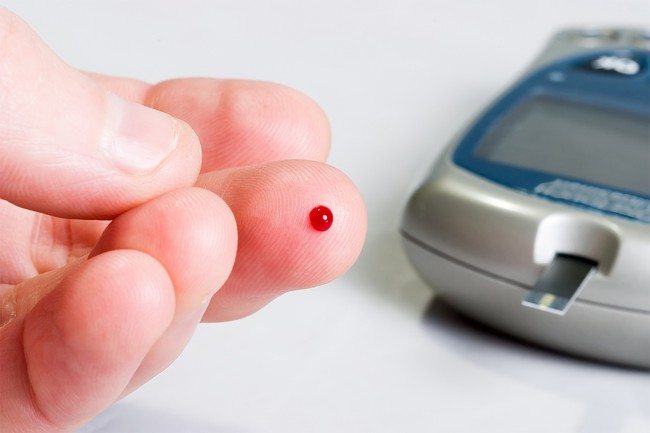SHARES

“My dad has a poor memory and is becoming more forgetful as he age. Sometimes, he would forget our name, where he was, whether he took his medication or not, etc. Our family doctor has us keeping an eye on his diet and medication. If his blood sugar and blood pressure go out of control, his memory will become poorer.” Jane and Garett are worried about their father’s dementia.
Diabetes Increases Our Risk For Dementia
In fact, high blood sugar in both type I or type II diabetes mellitus can damage our body’s small blood vessel over time if left untreated. This includes the blood vessels supplying glucose and oxygen to our brain cells. As a result, our brain fails to work properly with declining memory, attention, and even language capability.
On top of that, high blood sugar, blood pressure and cholesterol levels can damage our large blood vessels, including those supplying blood to the brain. Eventually, plaque forms around area of damaged blood vessels, making their wall thicker and reduce blood flow through it. Therefore, our brain gets less blood supply.
On occasion where the plaque breaks free and clogs up smaller blood vessels in the brain, this cuts off blood supply to that part of the brain. The brain cells die and scarcely regenerate. Often times, this can happen in the form of mini-strokes without us noticing as there is minimal to no symptoms at all. As a result, our brain function becomes less and less with repeated mini-strokes. In the situation where the dislodged plaque blocks up blood vessels supplying a large area of brain, we end up with a stroke showing major symptoms depending on the part of brain affected. For instance, paralysed hand and legs, slurred speech, drooping face muscles, disorientation, poor memory & coordination loss etc.
Insulin Resistance Causes Poor Memory
People with type II diabetes mellitus has body resistance towards the beneficial effect of insulin. Consequently, the brain can also become less responsive to insulin. This is particularly true for the part of brain responsible for memory function, the hippocampus. Researchers have found out that insulin plays an important role here by binding itself to a receptor (GluT4) to stimulate glucose uptake by the memory forming brain cells. Thus, insulin resistance impairs the ability of people to form new memories and to recall both short-term and long term memories.
The Link Between Alzheimer’s Disease and High Blood Sugar
Although the exact mechanism still remains largely unclear, scientists are noticing a link between high blood sugar and Alzheimer’s disease. High blood sugar may cause damage to the brain, causing brain degeneration and accumulation of plaque and tau protein in brain. However, the reverse may also be true. We often see people with Alzheimer’s disease have problem with body metabolism despite not being diabetic. This may be due to brain degeneration causing poor insulin signalling in brain. As such, insulin fails to act on certain part of the brain especially those (hypothalamus) giving signals to our liver, fat tissue, and muscles for sugar storage. Also, the beneficial effect of insulin on our brain (prefrontal cortex) to decrease appetite and craving for comfort food is lost.
High Blood Sugar Affects Working Memory
Studies are showing that higher blood sugar level alone can negatively affect our short term memory. This effect can be seen even in people who are not diabetic, with no weight problem, as well as alcohol problem. Although the exact mechanism still remains unknown, this may explain why people of advanced age tends to be more forgetful. Our body metabolism generally slows down as we age and our blood sugar level tends to be on the higher end of normal range.
Conclusion
High blood sugar and poor memory go hand-in-hand. Both can and may be the cause for one another. Eat a balanced diet and watch out for your sugar intake. If you are noticing changes to your memory capability, talk to your doctor today!
Find a GP/Family Doctor in Malaysia, on GetDoc
Find a GP/Family Doctor in Singapore, on GetDoc
References:
1. Whiteman H. High blood sugar levels linked to memory loss [MedicalNewsToday]. WebMD LLC. 2020. (Available from: https://www.medicalnewstoday.com/articles/267727; last updated on 2013 Oct 24; last accessed on 2020 June 16)
2. Bennett C. Does insulin affect the brain [News-Medical.Net]? AZoNetwork. 2020. (Available from: https://www.news-medical.net/health/Does-Insulin-Affect-the-Brain.aspx; last updated on 2019 Oct 6; last accessed on 2020 June 16)
3. Fillipi BM, Mighiu PI, Lam TKT. Is insulin action in brain clinically relevant? Diabetes. 2020 Apr; 61(4):773-5. DOI:10.2337/db12-0048
by Chang Xian
View all articles by Chang Xian.







